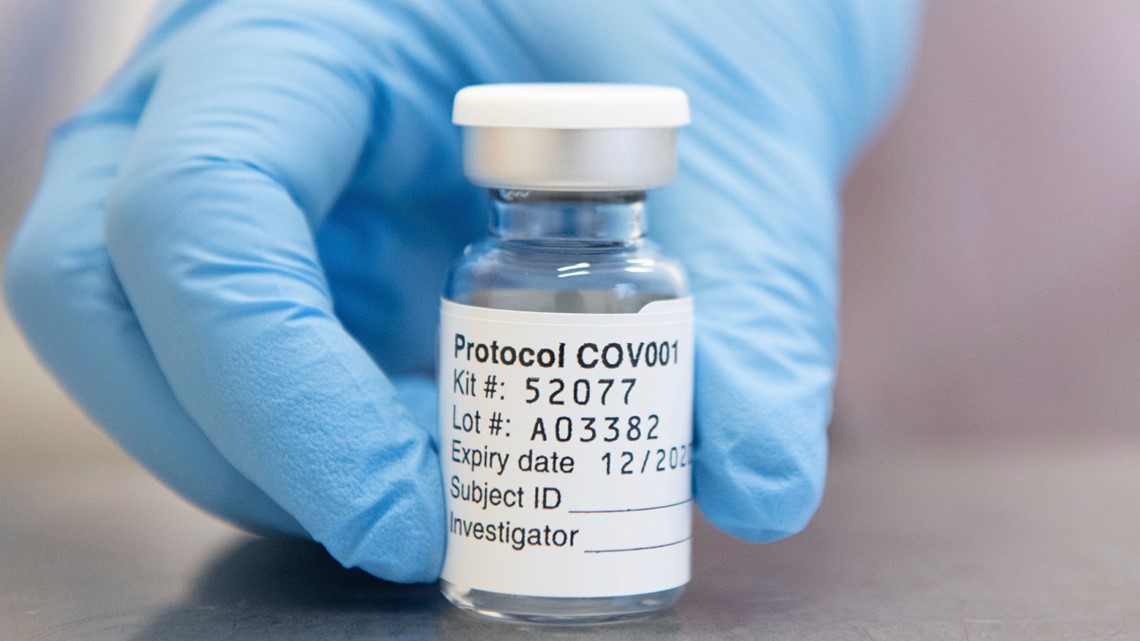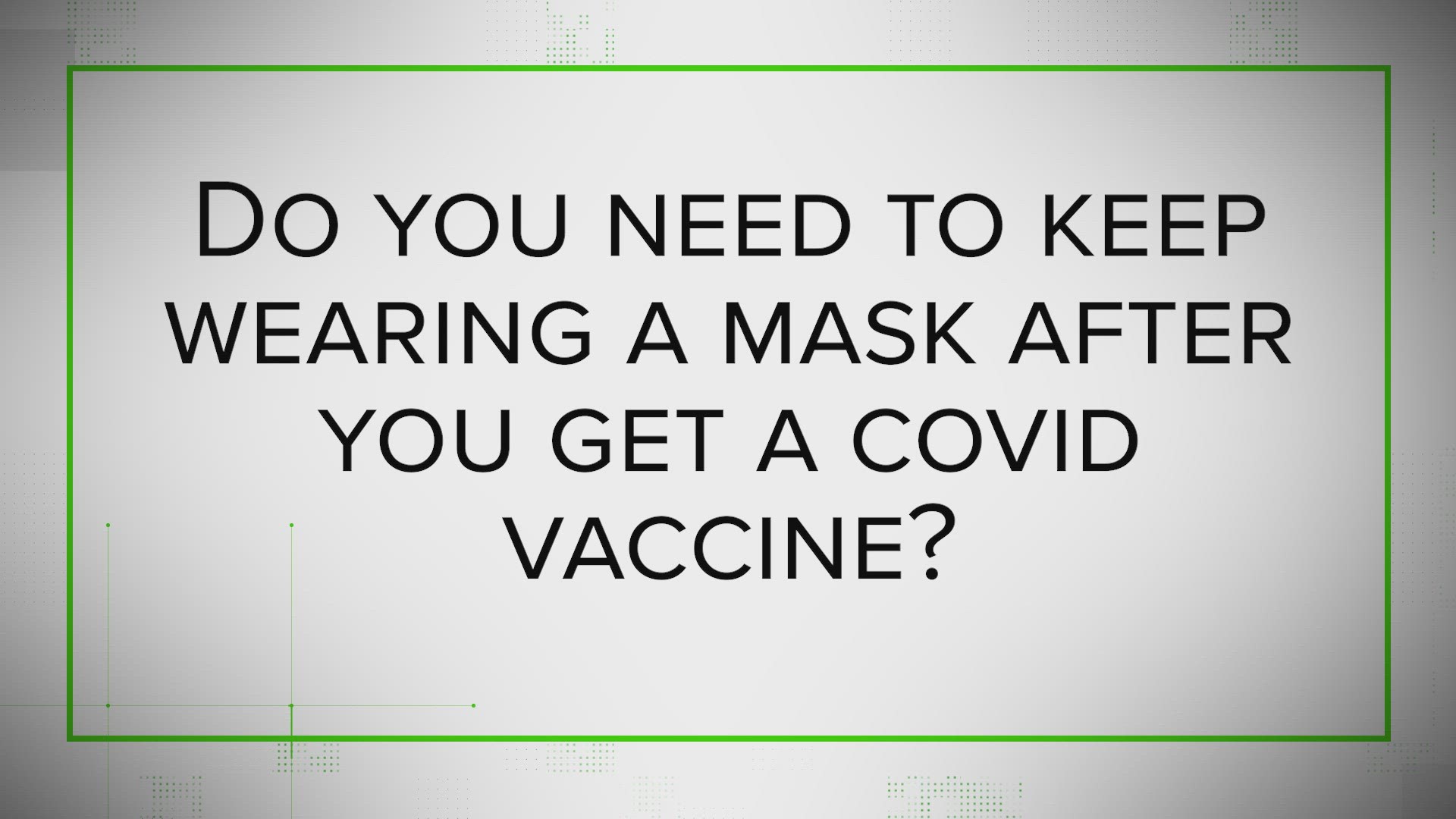WASHINGTON — The Centers for Disease Control and Prevention on Wednesday announced that out of almost 2 million people who received a COVID-19 vaccine in the United States, there were only 21 cases of anaphylaxis, a severe, life-threatening allergic reaction.
The CDC said during a press conference that the occurrence of an allergic reaction to the vaccines that have rolled out across the country is rare. Seventeen of the 21 patients that had an allergic reaction to the vaccine had a documented history of allergies or allergic reactions, including to drugs or medical products, foods, and/or insect stings, according to the CDC.
“The anaphylaxis rate for COVID-19 vaccines may seem high compared to flu vaccines, but I want to reassure you that this is still a rare outcome,” said Dr. Nancy Messonnier, the director of the CDC’s National Center for Immunization and Respiratory Diseases. "Fortunately, we know how to treat anaphylaxis, and we’ve put provisions in place to ensure that at immunization sites, the folks administering the vaccine are ready to treat anaphylaxis."
Health officials said they have been closely monitoring patients' reactions to the vaccine since the very first one was administered in the U.S. on Dec. 14, 2020.
There are about 11.1 cases of an allergic reaction per 1 million doses, the CDC said. However, the flu vaccine, on average, is about 1.3 cases of adverse reactions per 1 million doses.
Besides the rare anaphylaxis reactions, the CDC has said that the vaccines can cause mild to moderate side effects in some people. This can include pain and swelling on the arm and sometimes fever, chills, tiredness and headache.
RELATED: Fauci: 'Glimmer of hope' as vaccinations increase, but post-holiday coronavirus surge likely
The Food and Drug Administration gave emergency use authorization to both Moderna’s and Pfizer-BioNTech’s shots, which are mRNA vaccines made with groundbreaking new technology. They don’t contain any coronavirus – meaning they cannot cause infection. Instead, they use a piece of genetic code that trains the immune system to recognize the spike protein on the surface of the virus, ready to attack if the real thing comes along.
Early results of large, still unfinished studies show both the Moderna and the Pfizer-BioNTech vaccines appear safe and strongly protective. However, Moderna’s is easier to handle since it doesn’t need to be stored at ultra-frozen temperatures.
Health officials said they will continue to track adverse reactions to the COVID-19 vaccines.
For most people, the new coronavirus causes mild or moderate symptoms. For some, especially older adults and people with existing health problems, it can cause more severe illness, including pneumonia and death.
The United States has more than 21 million confirmed cases of COVID-19, according to data from Johns Hopkins University.
As of Thursday, the U.S. had more than 361,000 deaths from the virus. Worldwide, there are more than 86 million confirmed cases with more than 1.8 million deaths.
The Associated Press contributed to this report.



